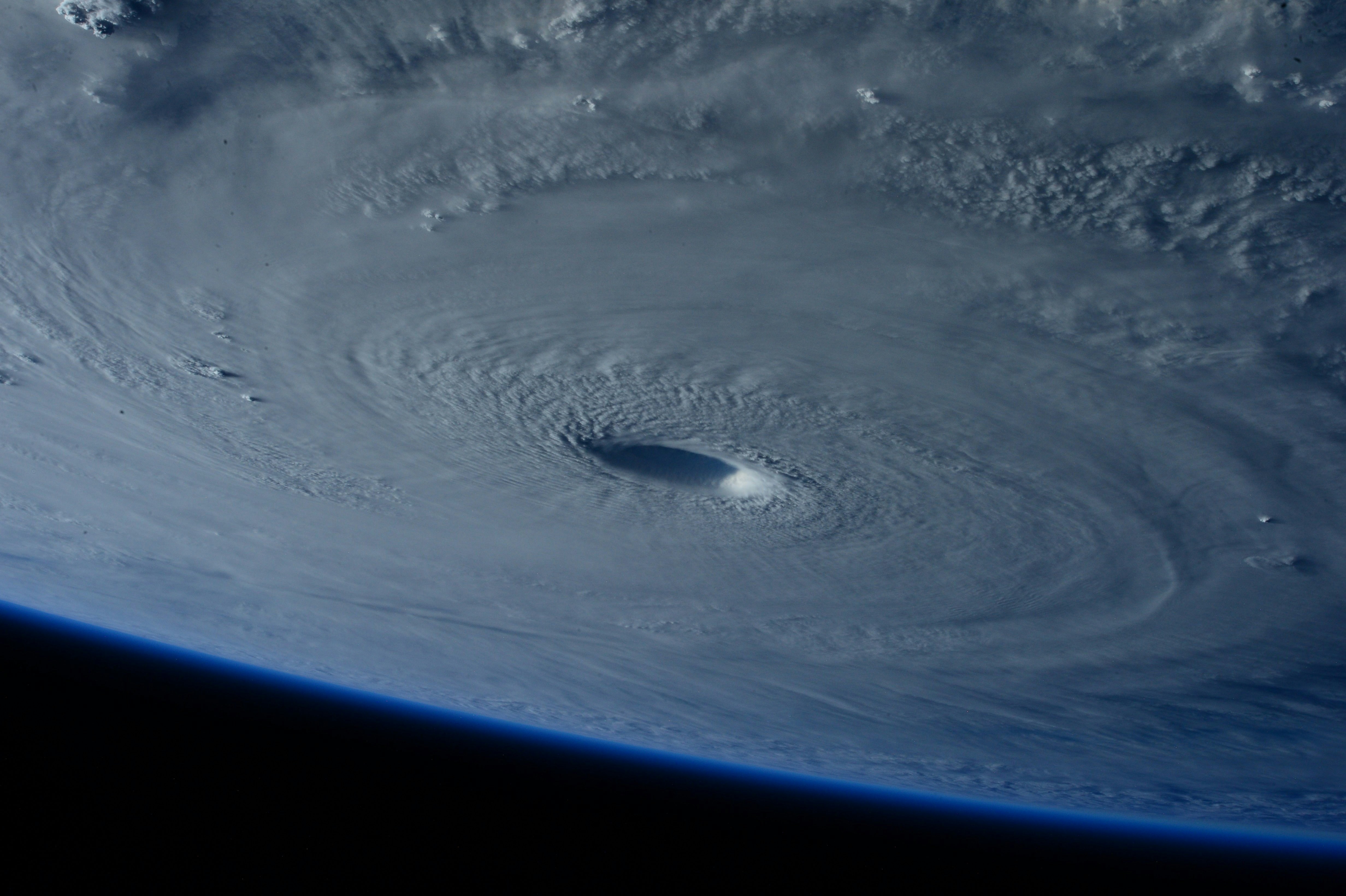Hurricane season brings not only physical devastation but also profound emotional stress for those in its path. Addressing mental health during such times is crucial for both immediate and long-term well-being. This article delves into the strategies for providing and receiving mental health support during hurricane season, ensuring that communities are not only physically prepared but also emotionally resilient.
Understanding the Emotional Impact
Hurricanes can leave a lasting mark on mental health, manifesting as anxiety, depression, PTSD, and heightened stress levels. It’s crucial to recognize these impacts and respond appropriately. Emotional reactions can vary from person to person; some may experience immediate effects, while others might encounter delayed reactions.
Key Symptoms to Watch For
- Persistent feelings of sadness or hopelessness
- Intrusive memories or flashbacks of the hurricane
- Increased irritability or anger
- Changes in sleep patterns and appetite
- Withdrawal from social activities
Strategies for Mental Health Support
Building a Support Network
Community and social support are vital during and after a hurricane. Establish a network of family, friends, and community resources to provide mutual support. Engage in community activities, which can foster a sense of belonging and reduce feelings of isolation.
Consider reaching out to local non-profits, such as HelpNow, for resources and community support programs.
Professional Mental Health Services
Access to professional mental health services is critical. Many organizations offer counseling and therapy services, sometimes even free of charge for those affected by natural disasters. Consult with mental health professionals to develop coping strategies and address trauma effectively.
Visit resources like the Disaster Distress Helpline provided by SAMHSA for immediate assistance.
Developing Personal Coping Mechanisms
Building personal resilience is key. Practice stress management techniques such as deep breathing, meditation, and exercise. Journaling and creative activities can also be therapeutic.
Access online courses offered by HelpNow for guided exercises and stress management techniques.
Creating a Mental Health Preparedness Plan
Pre-Hurricane Planning
Prepare mentally before the storm by developing a preparedness plan. This includes identifying safe spaces, ensuring communication lines are open, and having access to mental health resources.
During the Hurricane
Stay informed through reliable sources, such as the National Weather Service, and maintain routines as much as possible to provide a sense of normalcy.
Post-Hurricane Actions
After the hurricane, prioritize safety but also take time to process emotions. Seek support if needed and engage in community rebuilding activities, which can offer a sense of purpose and empowerment.
Visit our blog for more articles on disaster preparedness and recovery.
Role of Community and Government
Community Initiatives
Community-based initiatives play a crucial role in mental health support. Engage in local support groups, and attend workshops and seminars focused on mental health during disasters.
Learn about our community programs and how you can contribute to building resilience.
Government Resources
The government provides various resources for disaster-affected individuals. Familiarize yourself with local and federal mental health services. These can offer both immediate and long-term support.
Check the FEMA Disaster Survivor Assistance page for comprehensive resources and information.
Conclusion
Addressing mental health during hurricane season is as essential as physical preparedness. By building a strong support network, utilizing professional services, developing personal coping mechanisms, and leveraging community and government resources, individuals can navigate the emotional challenges that come with hurricanes. For more detailed guides and resources, visit the HelpNow website and join our efforts in creating resilient communities.

